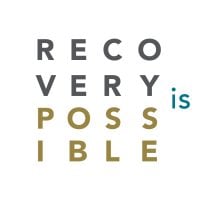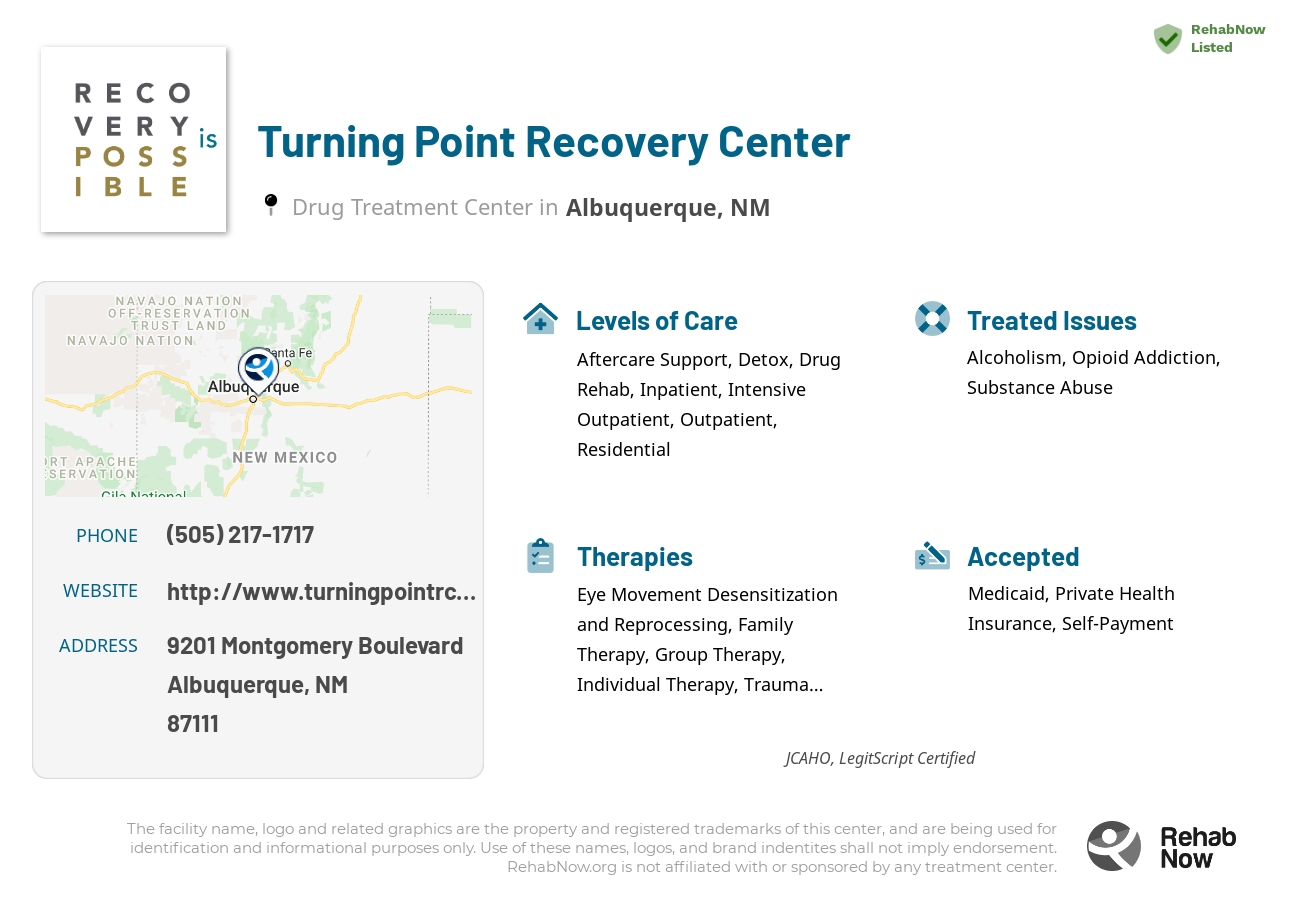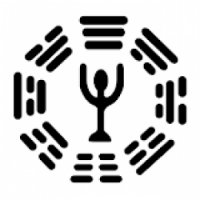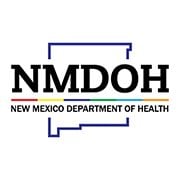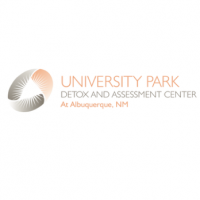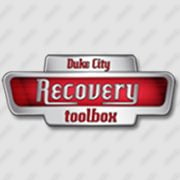Turning Point Recovery Center
Drug Rehab Center in Albuquerque, New Mexico
Turning Point Recovery Center in Albuquerque, New Mexico offers comprehensive care for addiction and substance use disorders, including detox, residential, inpatient, intensive outpatient, and outpatient treatment programs, as well as intervention and aftercare support services, specializing in drug addiction, alcoholism, opioid addiction, substance abuse, mental health, and dual diagnosis.
About This New Mexico Facility
Turning Point Recovery Center, located in Albuquerque, New Mexico, is a pivotal facility for those seeking sobriety from drugs or alcohol. This integrative center specializes in medically assisted detox and offers a spectrum of treatment options including inpatient, intensive outpatient (IOP), outpatient, sober living, and aftercare services. With a 40-bed capacity, the center stands out for its tailored programs addressing the needs of young adults, parents, and the LGBTQ+ community.
Accredited by the Joint Commission and certified by LegitScript, Turning Point Recovery Center upholds high standards of care for addiction recovery. The center's multifaceted approach combines evidence-based treatments like EMDR and experiential therapy with a focus on holistic wellness through fitness and nutrition therapy. These services are available round-the-clock under the supervision of multidisciplinary care teams, ensuring a supportive environment for recovery.
- Specialized Programs: Offers dedicated recovery options for young adults, parents, and LGBTQ+ community members.
- Comprehensive Care: Provides a robust continuum of care from medically-assisted detox to aftercare and alumni programs.
- Evidence-Based Therapies: Clients have access to a variety of therapies including EMDR, acupuncture, yoga, and creative arts to support recovery.
Turning Point treats a range of addictions and issues, including drug addiction, alcoholism, opioid addiction, and dual diagnosis. Using individual, group, and family counseling paired with complementary therapies, the center offers different levels of care tailored to meet each client's needs, fostering long-term recovery.
Genders
Ages
Modality
Additional
Accreditations

LegitScript

JCAHO
Conditions and Issues Treated
Substance abuse is defined by the continued use of drugs or alcohol despite negative consequences, such as legal or work problems. It can be treated using a variety of services, including therapy and medication.
Substance abuse treatment is beneficial for:
- People who have been using drugs or alcohol for a long time.
- People who have been using drugs or alcohol to cope with stress, anxiety, or depression.
- People who have a mental health disorder in conjunction with substance abuse.
- People who continue to use drugs or alcohol despite the harmful effects they cause on their own life and the lives of others.
- People who have had multiple failed attempts at recovery without medical assistance.
If you believe that addiction treatment is right for you or a loved one, you can contact your primary care physician, or search for addiction treatment centers in your area. Treatment is beneficial to people who are motivated towards recovery, and who understand the benefits of professional care.
Opioid addiction is the result of repeated use, or abuse, of opioid drugs. It is recommended for people who are dependent on opioids, or who have a high risk for dangerous health concerns, to seek professional treatment. Treatment plans usually include behavioral therapy and medication-assisted treatment.
Opioid drugs include: fentanyl, heroin, methadone, oxycodone, and oxymorphone.
Opioid addiction treatment is beneficial for:
- People who have a history of severe withdrawal.
- People with a high risk for dangerous health concerns.
- People having difficulty overcoming opioid addiction on their own.
Levels of Care Offered at Turning Point Recovery Center
This center offers a variety of custom treatment tailored to individual recovery. Currently available are Aftercare Support, Detox, Inpatient, Intensive Outpatient, Intervention, Outpatient, Residential, with additional therapies available as listed below.
Detox is the stage of recovery where the drugs or alcohol are entirely removed from your body. There are two different ways to detox, with medications and without. For many drugs and alcohol, the acute phase of detox can be completed in a number of days.
Inpatient treatment is the most intensive level of care, and it’s necessary for those who aren’t able to control their addiction. These patients also must be drug-free before attending inpatient programs .
During inpatient treatment, addicts live at an inpatient facility 24 hours a day while receiving help. This type of program is generally recommended for those who need to go through detoxification or who are struggling with serious addiction-related issues.
An Intensive Outpatient Program (IOP) is a form of drug treatment that allows individuals to receive the therapy they need while remaining in their homes and community.
An IOP is typically 3-5 days per week, at least 4 hours each day of treatment. Treatment can last for a few months or longer, depending on the situation.
An IOP is a step down from an inpatient treatment center and can be used as a step down from an inpatient stay or as a more intense form of outpatient treatment. IOPs allow for the flexibility to continue working and living at home while still meeting treatment demands.
The outpatient programs in Albuquerque, NM are for those addicted drugs or alcohol. The goal of the outpatient rehabilitation program is to make them stop abusing drugs or alcohol, reduce drug use or addictive behaviors, and become entirely sober. It is generally required to attend the outpatient program for 10-12 hours every week.
Patients can be administered on-the-spot medication to ease withdrawal symptoms such as anxiety, increased heart rate, and even depression. Groups such as Alcoholics Anonymous (AA) and Narcotics Anonymous (NA) can be used as a part of outpatient treatment to help maintain sobriety.
Residential treatment programs are those that offer housing and meals in addition to substance abuse treatment. Rehab facilities that offer residential treatment allow patients to focus solely on recovery, in an environment totally separate from their lives. Some rehab centers specialize in short-term residential treatment (a few days to a week or two), while others solely provide treatment on a long-term basis (several weeks to months). Some offer both, and tailor treatment to the patient’s individual requirements.
The main goal of an intervention is for the addict to go to rehabilitation and address their addiction.
Interventions are meetings organized by friends and family of an individual with addiction. A specialist is present to lead the discussion and motivate the addict to seek external support. Intervention services help family members to open up about their feelings and concern for the addict. This expressiveness usually results in the addict seeking treatment at a rehabilitation facility.
Aftercare support is a service many addicts need to ensure their success at recovery. This service usually includes one-on-one or group therapies, assistance from a sponsor and other types of help designed to make sure the patient continues living a life free from drugs.
Patients also may require medication to help them battle addiction. Some people have been able to successfully recover without additional medications, but others have found that they need help during their transition. Long-term, the patient must take the initiative to attend meetings and receive help from other addicts in recovery.
Therapies & Programs
People in addiction recovery can benefit from individual therapy. This type of therapy involves meeting with a therapist one-on-one. This allows for a personal and trusting relationship to be built so that the patient can be truly themselves and express any emotions they feel. Individual therapy leads to greater understanding and peace about your triggers for addiction and coping strategies to prevent relapse.
Family therapy is a type of group problem-solving that aims to improve communication and relationships between the patient, their family, and sometimes friends. The main goal of family therapy for drug addiction is to create an environment where communication can occur without judgment, hostility, or blame. The therapist is with the family as they learn to communicate with each other differently, especially with the addict when s/he is using.
Group therapy sessions are held in rehab facilities, clinics, churches or community centers that offer drug addiction treatment. People who attend these groups are encouraged to voice their feelings and support other addicts in recovery. This helps group members strengthen their own recovery program while cheering on others who are struggling with sobriety.
Group therapy sessions provide recovering addicts with a chance to cope with everyday situations that many face. Group therapy sessions are held in rehab facilities, clinics, churches or community centers that offer drug addiction treatment.
People who attend these groups are encouraged to voice their feelings and support other addicts in recovery. This helps group members strengthen their own recovery program while cheering on others who are struggling with sobriety.
If you’re looking for addiction treatment, it’s important to find a facility that offers trauma therapy. This type of therapy helps people process and understand the past traumas that have led to their addiction. Trauma therapists will work with clients to help them understand their past and present relationships and show them that they are worthy of love. This therapy is typically done using visualization, discussion, and writing down thoughts and feelings.
Trauma Therapy is a form of therapy that involves working with a patient to help them process and understand the past trauma(s) in their life. This therapy is typically done using techniques such as visualization, discussion, and writing down thoughts and feelings. The main goals of trauma therapy is to help clients express their emotions and talk about what they are feeling.
Eye Movement Desensitization and Reprocessing (EMDR) is an integrative psychotherapy approach that has been extensively studied and proven effective for treating trauma. EMDR sessions typically last 50-90 minutes and can be completed in as little as 12-15 sessions. EMDR is a goal-directed therapy in which the client works with the therapist to develop an individualized treatment plan that focuses on specific trauma memories and associated disturbance.
Payment Options Accepted
For specific insurance or payment methods please contact us.
Is your insurance accepted?
Ask an expert, call (888) 674-0062
Additional Details
Specifics, location, and helpful extra information.
Albuquerque, New Mexico 87111 Phone Number(505) 217-1717 Meta DetailsUpdated April 15, 2024
Staff Verified
Is Turning Point Recovery Center a LegitScript Verified Treatment Facility?
According to our most recent records, we have found this center to be LegitScript verified.
Patient Reviews
There are no reviews yet. Be the first one to write one.
Albuquerque, New Mexico Addiction Information
New Mexico has been one of the leading states in the nation when it comes to drug and alcohol use, abuse, and addiction. Opioids are responsible for over 60% of all drug-related overdoses in New Mexico. Alcohol-related deaths in New Mexico are the highest in the nation and almost twice the national average since 2000.
Albuquerque, New Mexico has one of the highest rates of drug overdose deaths in the US. There are over 10,000 individuals addicted to drugs and alcohol in Albuquerque. Treatment programs can provide the necessary support to help addicts overcome addiction. A wide range of treatment options is available in Albuquerque. 12-step programs, such as Alcoholics Anonymous (AA) and Narcotics Anonymous (NA), are popular in the city.
Treatment in Nearby Cities
- Farmington, NM (145.0 mi.)
- Ruidoso, NM (132.0 mi.)
- Los Lunas, NM (25.0 mi.)
- Mora, NM (89.7 mi.)
- Alamogordo, NM (157.9 mi.)
Centers near Turning Point Recovery Center
The facility name, logo and brand are the property and registered trademarks of Turning Point Recovery Center, and are being used for identification and informational purposes only. Use of these names, logos and brands shall not imply endorsement. RehabNow.org is not affiliated with or sponsored by Turning Point Recovery Center.
